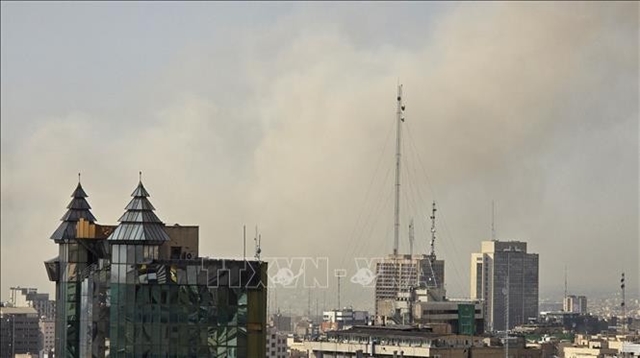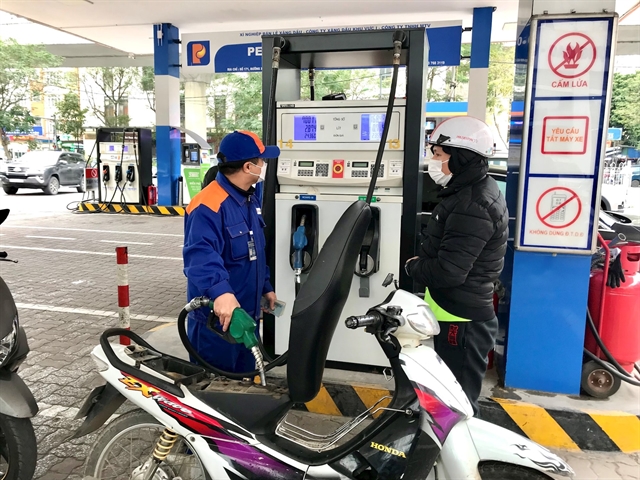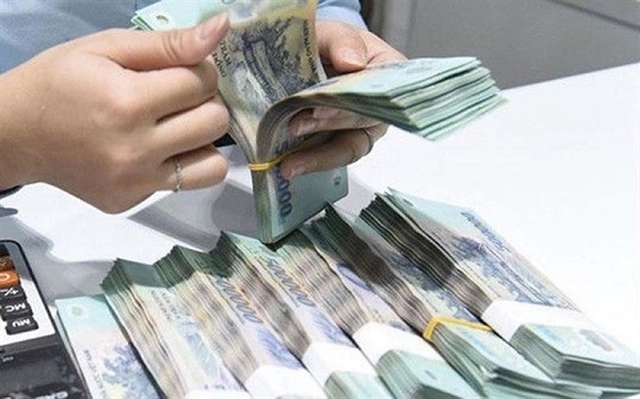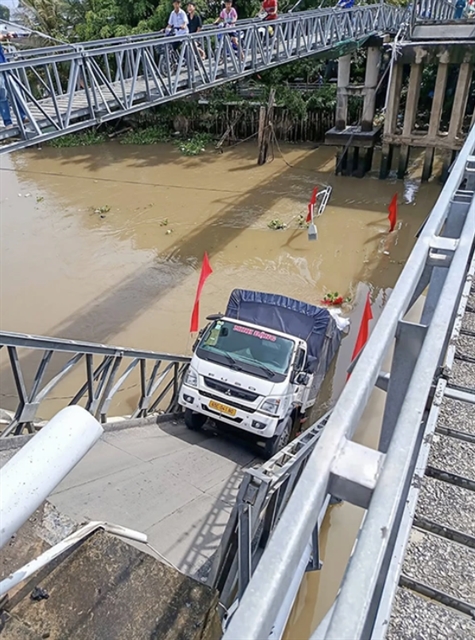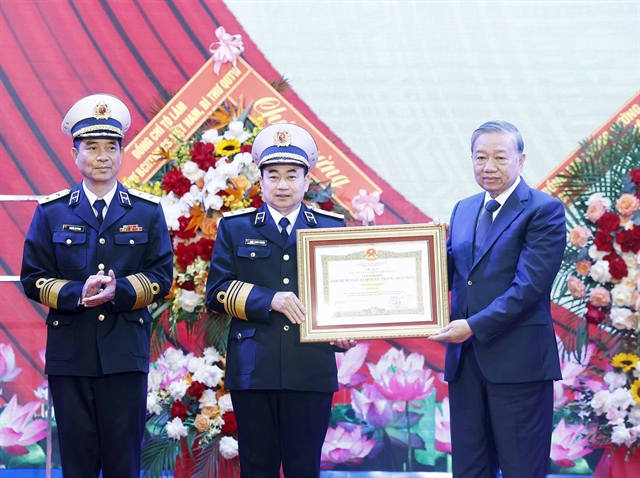 Politics & Law
Politics & Law

.jpg) |
| Vietnamese Ambassador to Japan Phạm Quang Hiệu. Photo baochinhphu.vn |
Vietnamese Ambassador to Japan Phạm Quang Hiệu speaks to the Government’s Portal about the upcoming visit of Deputy Prime Minister Nguyễn Chí Dũng to Japan to attend the 30th Nikkei Forum - Future of Asia in Tokyo.
Could you please share the main purpose and message that Deputy Prime Minister Nguyễn Chí Dũng will bring to this year’s Future of Asia Forum?
The primary purpose of the Deputy Prime Minister's participation in the 30th Future of Asia Forum is to affirm Việt Nam’s strong commitment to helping to shape the future of the Asian region, as well as promoting multilateral cooperation and sustainable development.
The key message that the Deputy Prime Minister will convey is that, in a world undergoing profound transformations and facing increasing uncertainties, Asia is also confronting many challenges.
However, this also presents an opportunity for Asia to play a pioneering role — as a pillar of a rules-based free trade system, a cradle for developing new economic integration ideas and trade agreements, a driver for global investment and a leading region in inclusive and sustainable development.
Việt Nam emphasises a spirit of collaboration and responsibility, advocates for free trade and inclusive, sustainable development, and is committed to jointly addressing global challenges for peace, cooperation and regional and global development.
We continue the success story of rising above the middle-income trap during the era of national advancement.
This year’s forum will take place amid global instability and mounting challenges in Asia. How does Việt Nam view the role of regional cooperation in maintaining stability and promoting sustainable growth?
Việt Nam deeply understands that, as the world faces complex transformations — from geopolitical tensions to economic, environmental and non-traditional security challenges — regional cooperation is key to maintaining stability and fostering sustainable growth.
Asia, with its dynamism and diversity, plays a crucial role in driving the global economy, and is expected to contribute 70 per cent of global growth by 2030.
Việt Nam highly values regional cooperation mechanisms such as ASEAN, APEC and free trade agreements, including Japan’s active participation.
Regional cooperation should focus on strengthening the multilateral trading system, ensuring stable supply chains and promoting emerging sectors like the digital economy, green energy and innovation.
Việt Nam is committed to promoting dialogue, building trust and jointly addressing common challenges with other Asian countries.
What kind of commitment does Việt Nam pledge in promoting multilateral dialogue and regional cooperation through the Deputy Prime Minister’s participation in such a major international forum like the Future of Asia Forum?
Deputy Prime Minister Nguyễn Chí Dũng’s attendance at the 30th Future of Asia Forum demonstrates Việt Nam’s strong commitment to promoting multilateral dialogue and enhancing regional cooperation.
The visit contributes to strengthening and elevating Việt Nam’s multilateral diplomacy in line with the spirit of Politburo Resolution No. 59 on international integration in the new context.
It reaffirms Việt Nam’s role, position, image and responsible contribution to addressing regional and global issues amid increasing global volatility, thereby contributing to collective efforts to promote peace, stability, cooperation and development.
His participation also underscores Việt Nam’s determination to contribute to shared solutions for regional and global challenges — from the economy and trade to climate change and digital transformation.
Việt Nam also aims to deepen its Comprehensive Strategic Partnership with Japan, a leading and important partner, by fostering economic and investment cooperation and people-to-people exchanges.
The forum is an opportunity for Việt Nam to share its vision for a united, resilient and innovative Asia, and to affirm its proactive, active role in regional forums.
In light of global economic and political shifts, could you share some key directions in Việt Nam’s foreign policy and international cooperation that will help the country adapt flexibly and enhance its regional role?
In the face of global economic and political volatility, Việt Nam will remain steadfast in its independent and self-reliant foreign policy while adapting flexibly to new challenges.
Key directions for Việt Nam’s foreign policy and international cooperation in the near future include the following:
First, enhancing multilateral cooperation through mechanisms such as ASEAN, APEC and the United Nations to contribute to global solutions for issues ranging from climate change and food security to digital transformation.
Việt Nam will continue to support the multilateral trading system, promote economic agreements like CPTPP and RCEP, and safeguard peace and stability in the region based on international law.
Second, deepening relations with strategic partners, of which Japan is one of the foremost, by strengthening cooperation in economics, investment, education and technology transfer.
Việt Nam values Japan’s role in supporting infrastructure development, green transition and workforce training, and looks forward to further advancing ODA projects and cultural and people-to-people exchanges.
Third, Việt Nam will continue improving its investment environment, enhancing competitiveness and seizing opportunities from digital and green transitions to attract foreign investment where Japan remains a top partner.
With a proactive, positive and responsible spirit, Việt Nam is ready to play a greater role in shaping the future of Asia, contributing to building a peaceful, stable and prosperous region. VNS

